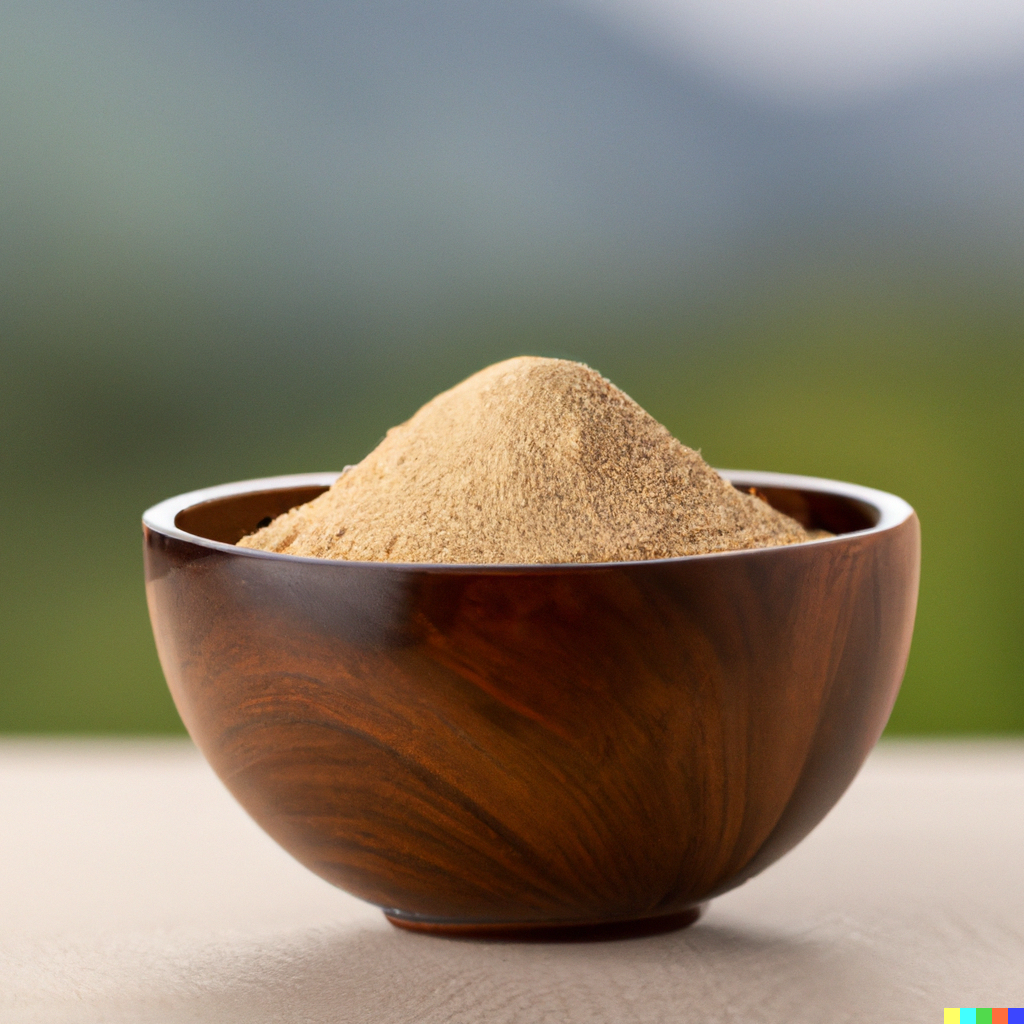Living with ADHD (Attention Deficit Hyperactivity Disorder) can be challenging, as it affects attention, focus, and overall cognitive functioning. While there are various conventional treatments available, some individuals seek alternative approaches to manage their symptoms. One such option gaining attention is ashwagandha, a herb traditionally used in Ayurvedic medicine. In this article, we will explore whether ashwagandha can help improve focus and address common questions about its usage.
Does Ashwagandha Help You Focus?
Ashwagandha is believed to possess adaptogenic properties, which means it may help the body adapt to stress and promote balance. While research specifically on ADHD and ashwagandha is limited, some studies have shown promising results regarding its potential benefits for cognitive function. Ashwagandha may enhance attention, focus, and mental clarity, making it a potential natural aid for individuals with ADHD. However, more research is needed to fully understand its effects in this specific context.
Who Should Not Be Taking Ashwagandha?
While ashwagandha is generally considered safe for most individuals, certain groups should exercise caution or avoid its use altogether. These include pregnant or breastfeeding women, individuals with autoimmune disorders, and those taking specific medications. As always, it is crucial to consult with a healthcare professional before incorporating ashwagandha or any other supplement into your routine.
What Are the Potential Negative Side Effects of Ashwagandha?
While ashwagandha is generally well-tolerated, some individuals may experience mild side effects such as upset stomach, diarrhea, or drowsiness. It’s important to start with a low dosage and gradually increase as tolerated. Additionally, long-term safety and potential interactions with medications have not been extensively studied. If you have any concerns or experience adverse effects, it’s advisable to consult with a healthcare professional.
Does Ashwagandha Numb Your Emotions?
There is no scientific evidence to suggest that ashwagandha numbs emotions. In fact, ashwagandha’s adaptogenic properties are believed to help the body and mind better respond to stress, promoting overall emotional well-being. However, individual experiences can vary, and it’s essential to monitor your own reactions when using ashwagandha.
Ways to Take Ashwagandha
Ashwagandha can be taken in various forms, allowing individuals to choose the method that suits their preferences and lifestyle.
- Capsules: Ashwagandha is commonly available in capsule form, making it convenient and easy to incorporate into your daily routine. Capsules provide a standardized dosage, ensuring consistency in intake. They can be taken with water or a beverage of your choice. Always follow the recommended dosage instructions provided by the manufacturer. You can find high-quality ashwagandha capsules here.
- Gummies: For those who prefer a more enjoyable way to consume ashwagandha, gummies are an option worth considering. Ashwagandha gummies combine the benefits of the herb with a tasty and chewable form. They often come in different flavors and are a popular choice for individuals who have difficulty swallowing capsules. Check out these ashwagandha gummies.
- Powder: Another versatile option is using organic ashwagandha powder. This powdered form of ashwagandha allows for more creative consumption. You can incorporate the powder into various recipes, such as energy balls, smoothies, or homemade granola bars. It blends seamlessly into these culinary creations, offering a convenient way to incorporate ashwagandha into your diet. When using ashwagandha powder, be mindful of the recommended dosage and adjust it accordingly. You can find organic ashwagandha powder here.
- Tea: If you prefer a warm and soothing way to enjoy ashwagandha, you can try ashwagandha tea. Ashwagandha tea provides a gentle and calming experience, making it a popular choice for relaxation and promoting overall well-being. You can find ashwagandha tea bags or loose leaf options available on the market or prepare your own blend using dried ashwagandha. Take a look at Pukka’s chamomile, spearmint and ashwagandha tea
Final Thoughts
While ashwagandha shows promise as a natural supplement for cognitive function and focus, its specific effects on ADHD are still being explored. If you’re considering using ashwagandha or any other alternative treatment for ADHD, it’s crucial to consult with a healthcare professional to discuss your individual circumstances and determine the best course of action. Remember, a comprehensive approach that includes medical guidance, therapy, and lifestyle adjustments can provide the most effective support for managing ADHD symptoms.
[Disclaimer: This article is for informational purposes only and should not be considered medical advice. Always consult with a healthcare professional before starting any new supplement or treatment.]
